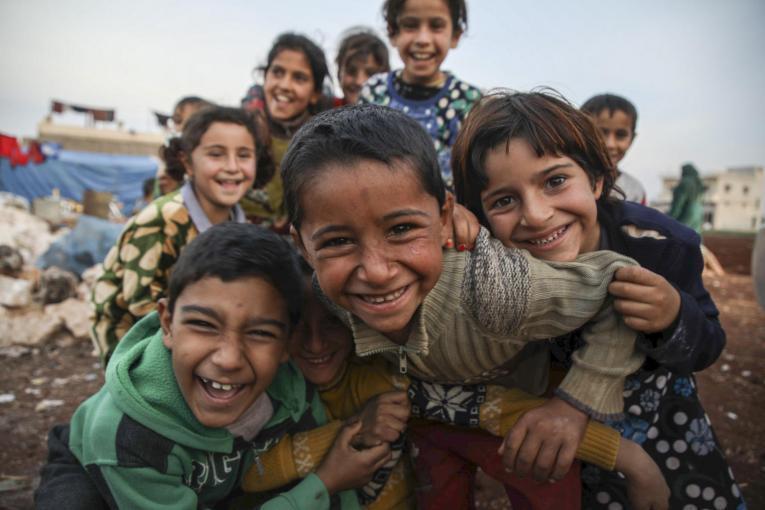
5 Steps to Build an Effective CSR Strategy
In today’s business landscape, Corporate Social Responsibility (CSR) has evolved from being a “nice-to-have” to ...

In 2018, UNICEF procured US$3.486 billion worth of goods and services to help children in 150 countries live better lives.
Vaccines, clothes, medicines, education kits and school books are some of the goods and services that helped children fight disease, learn, and grow — especially in countries affected by emergencies and conflicts.
In 2018, UNICEF helped children by procuring 2.36 billion doses of vaccines to fight a variety of diseases including measles, diphtheria, tetanus and HPV, and reach nearly half the world’s children.
It also provided children access to safe water with 1.26 billion water purification tablets and chlorination/flocculation sachets.
It also protected children from mosquito-borne diseases using 13.3 million bed nets; treated children suffering from malnutrition with 47,760 tonnes of ready-to-use therapeutic food; and helped children get back in the classroom with 4.5 million schoolbags and 84,000 education kits
“Every child is unique and so are their needs,” said Etleva Kadilli, Director of UNICEF’s Supply Division in Copenhagen. “Procuring supplies for children is not as simple as buying products off the shelf. It requires close collaboration with diverse partners to ensure children in different countries and areas get what they need to live, improve their lives, and be safe and healthy.”
As situations in countries become more complex, especially during emergencies, the ability to adapt and do things differently can help to maximize impact for children and their families.
Together with a global network of stakeholders, UNICEF is developing new products and approaches to meet the needs of the hardest-to-reach. This isn’t limited to product innovation alone, but also includes working with partners, especially businesses, to influence markets and make products for children more accessible, affordable, safe and sustainable.
To help children recover from malnutrition, UNICEF procured a record 65 per cent of ready-to-use therapeutic food from manufacturers located in or close to countries with the greatest need. This not only supported local economies but also made transportation more efficient and reduced the carbon footprint.
In the Syrian Arab Republic, despite the conflict, UNICEF is working with local businesses that continue to operate to provide hygiene and education kits, as well as warm clothes – helping UNICEF deliver supplies to children quickly.
In Nigeria, UNICEF convened a landmark Regional Sanitation Industry Consultation to encourage cross-border collaboration with Ghana and Côte d’Ivoire and identify ways to improve the availability of affordable toilets and sanitation services for families.
“The support of governments, businesses, donors and our partners on the ground has been invaluable in allowing us to reach millions of children as quickly as possible”, added Kadilli. “Yet the needs remain immense. Sustainable, long-term funding must continue to be a priority for us to meet the needs of children in increasingly complex situations.”
اترك تعليقا